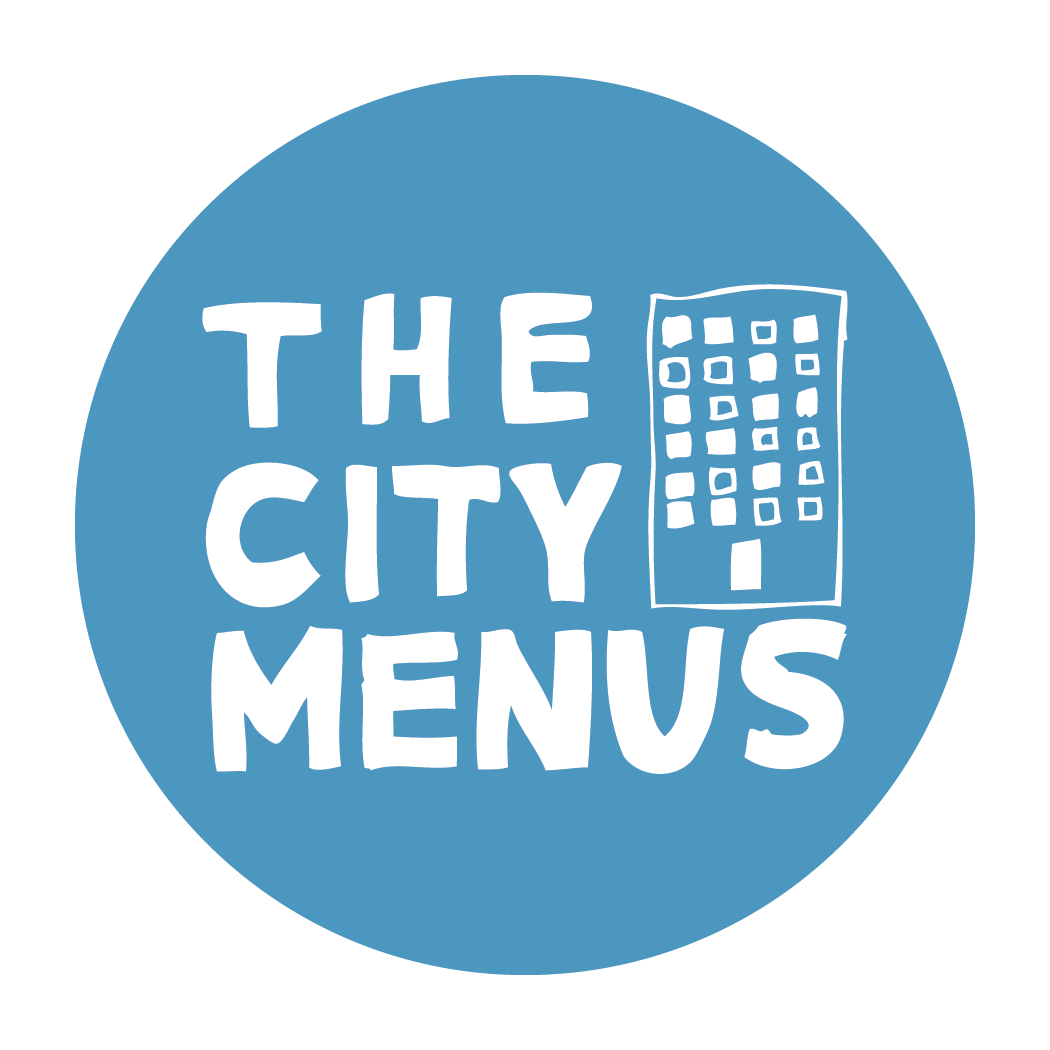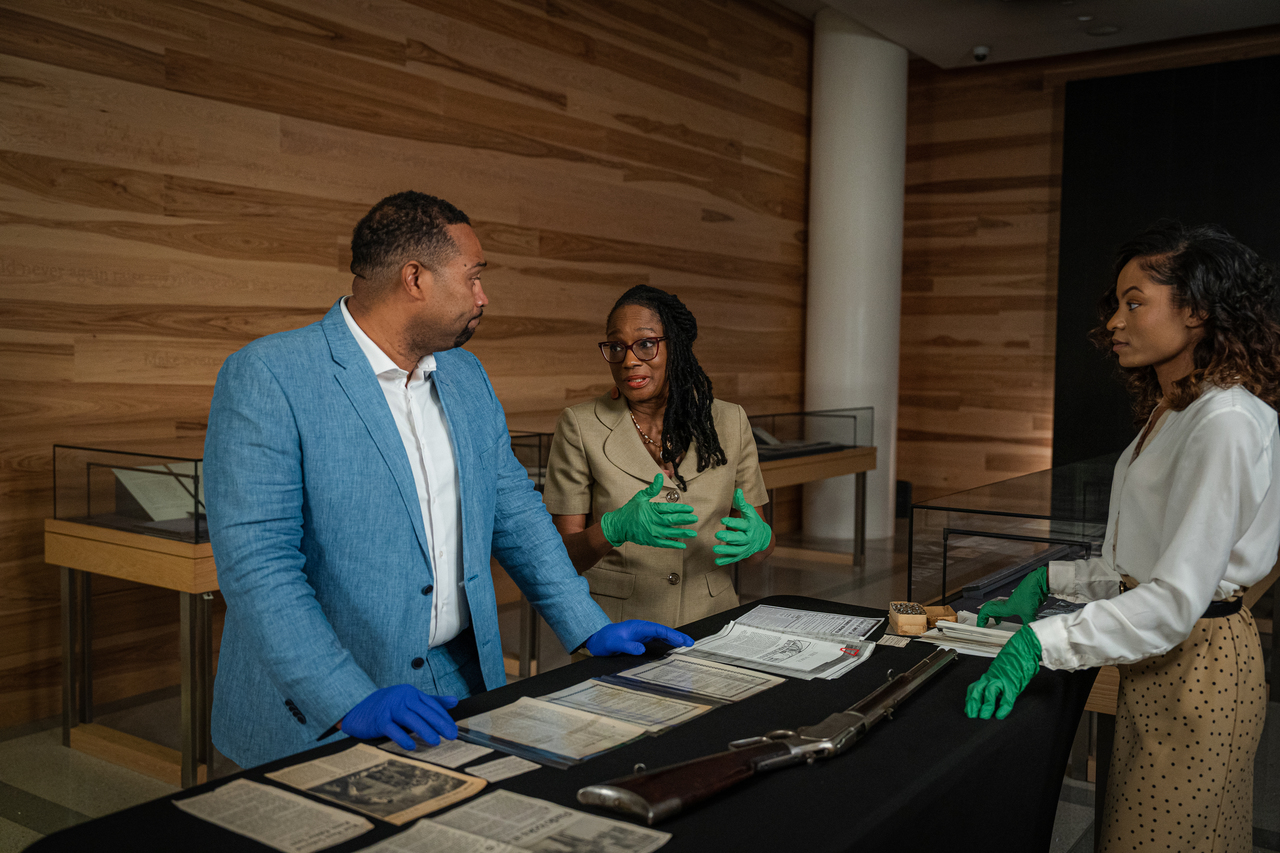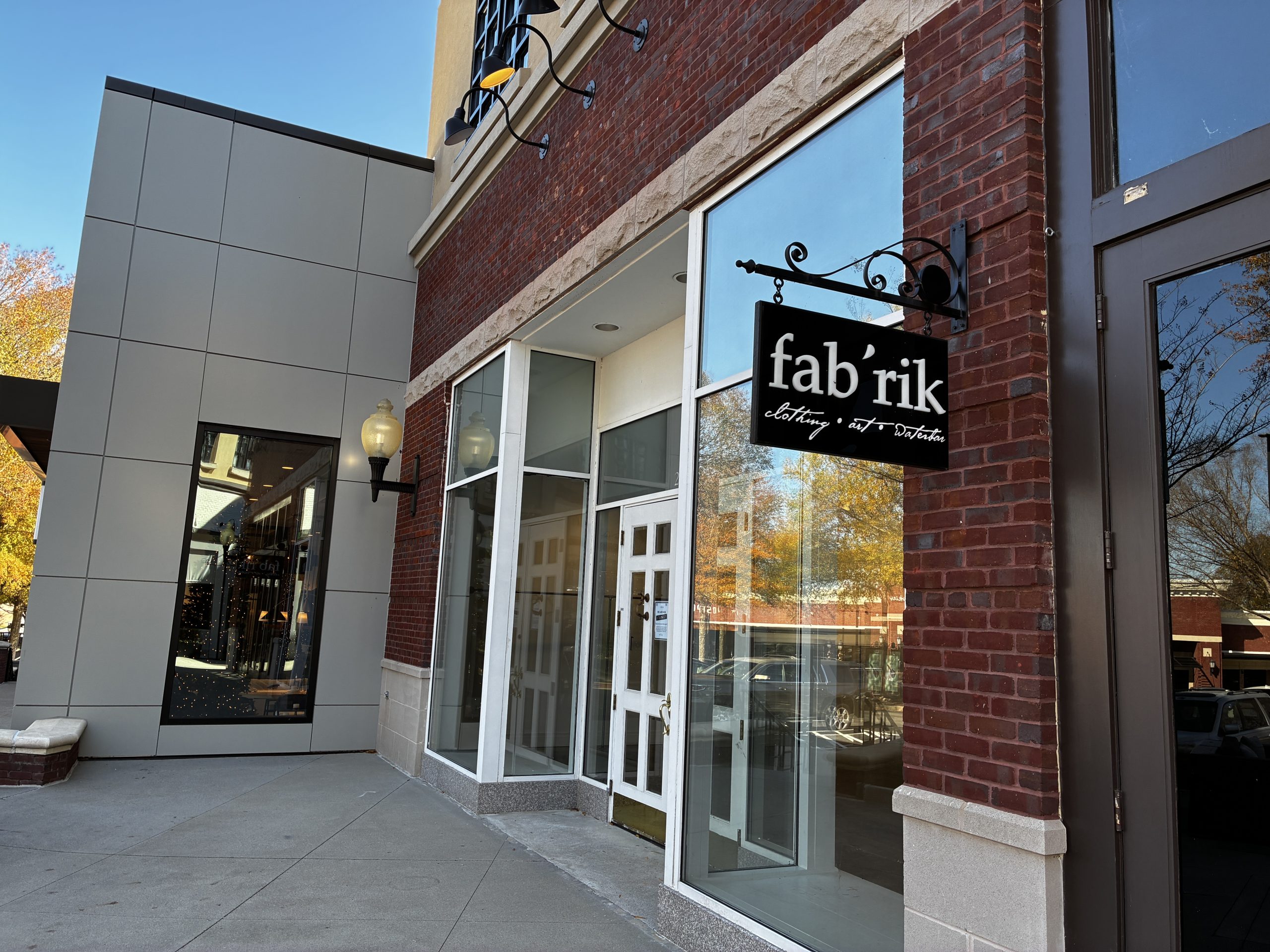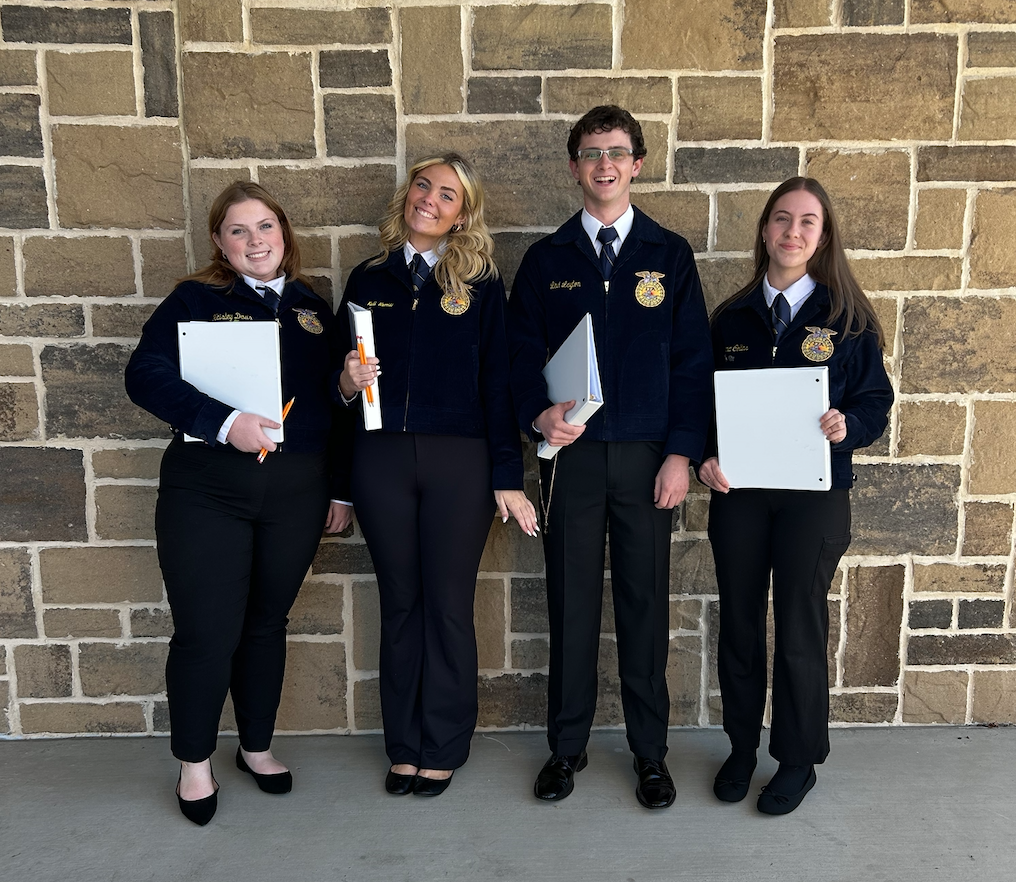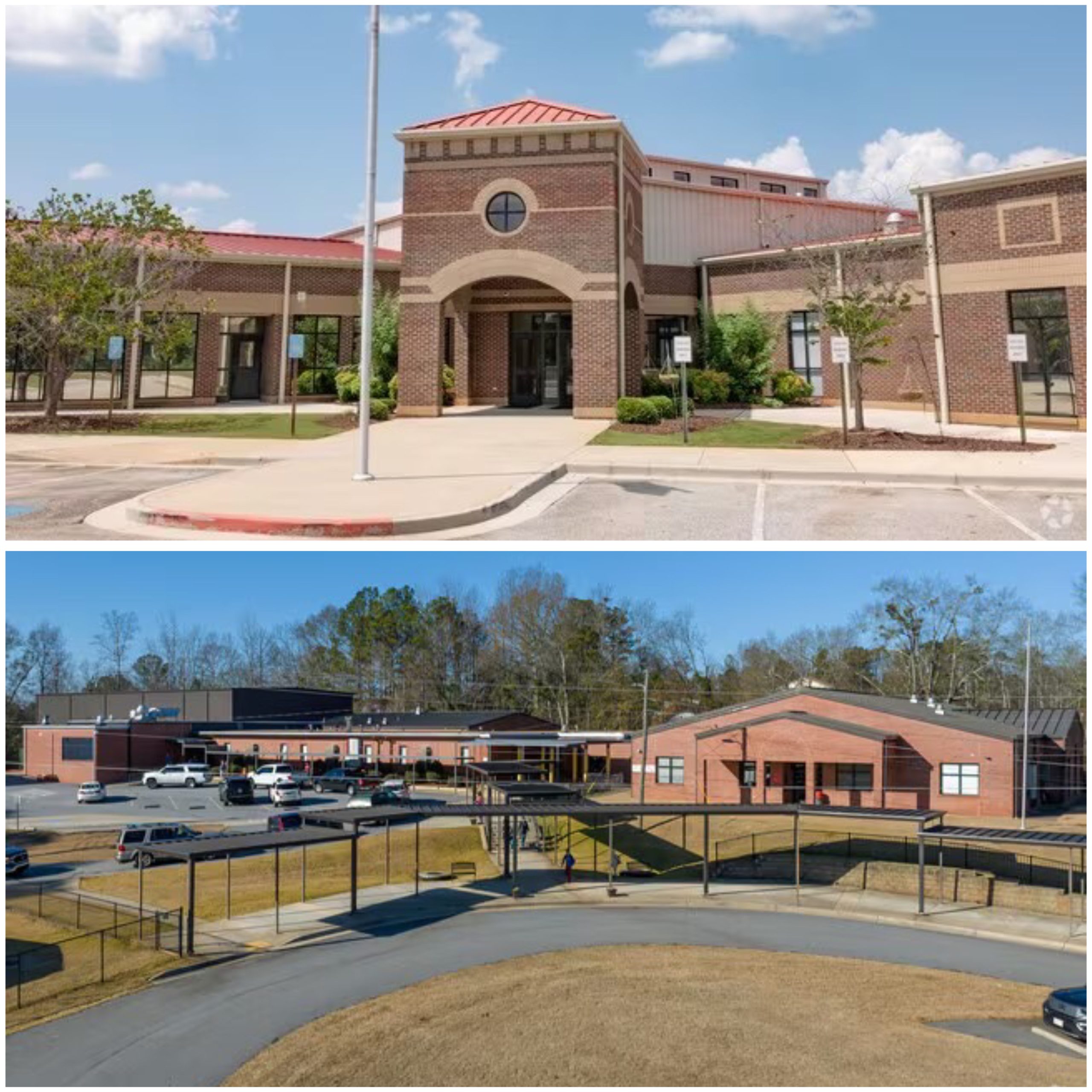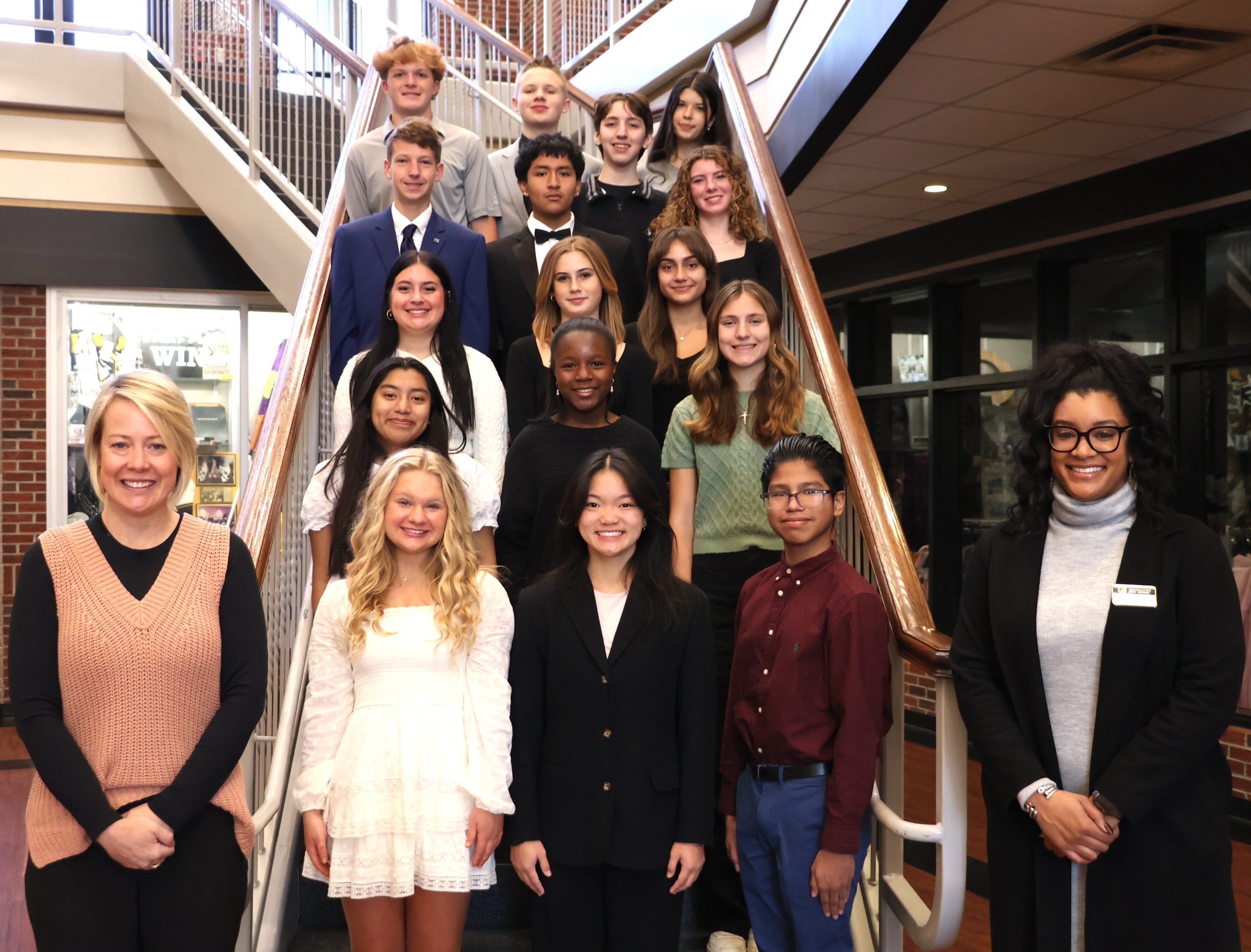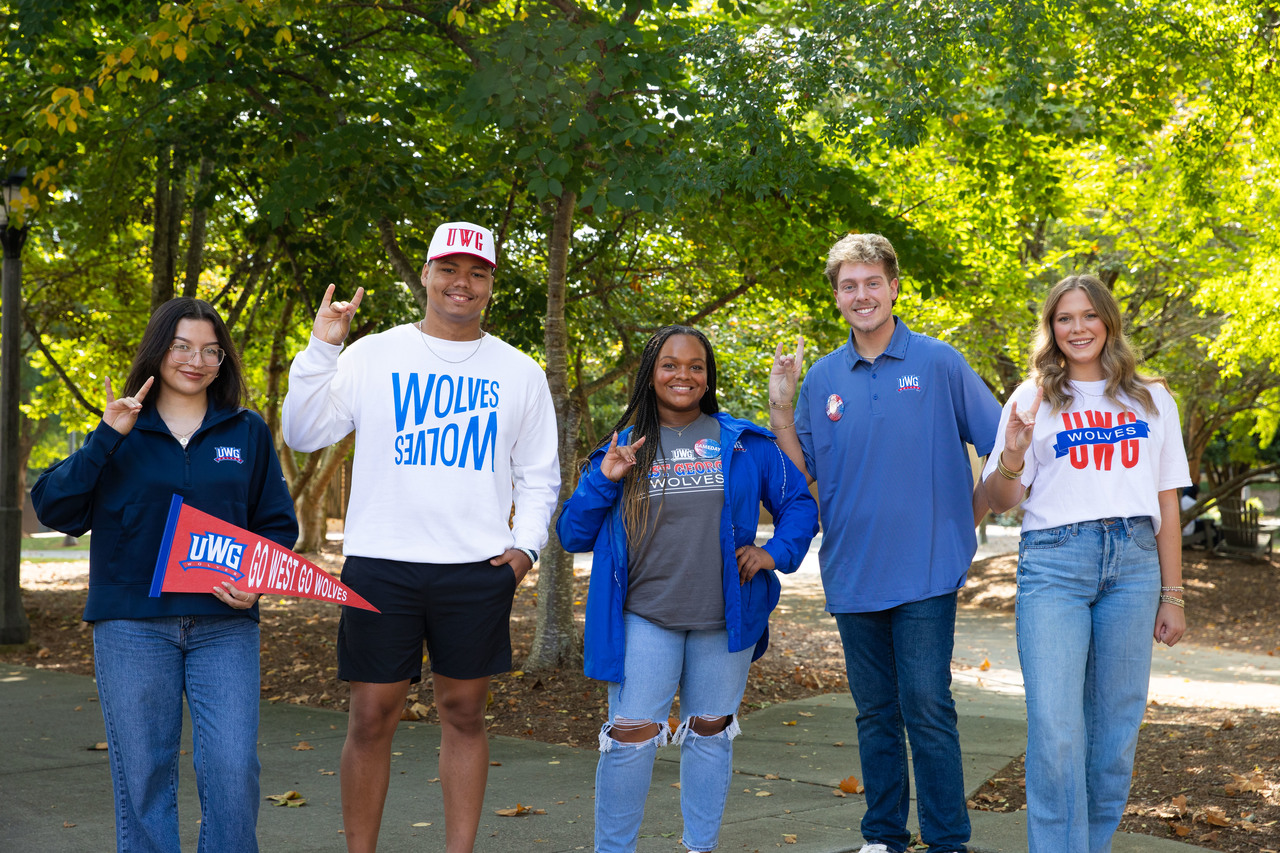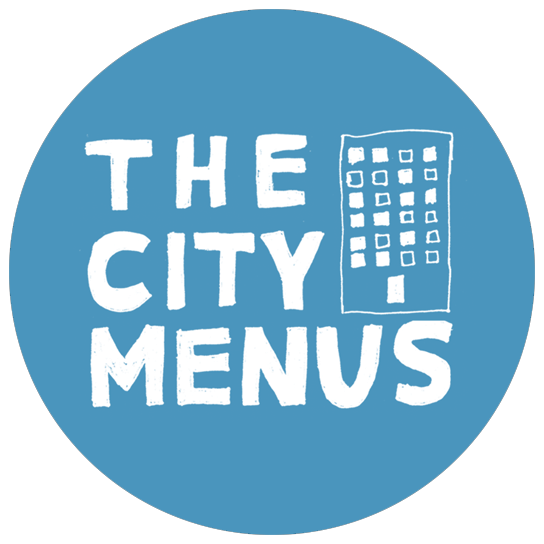How does one define history? For University of West Georgia alumna Autumn Smith ’21, that isn’t a rhetorical question. The historian has already made an impact preserving, presenting and promoting the untold stories of Black history and culture. There are even three Emmy awards to prove it.
“(Re)Defining History: Uncovering the 1906 Atlanta Race Massacre,” produced by WABE Studios, explores the truth behind the carnage, what led to the violence and how it spawned resilience in Atlanta’s Black communities. Smith served as historical advisor and archivist.
“It’s very interesting the role I was able to play,” she described. “I was able to create the content, choose artifacts to feature and star in the film. I always wanted to be involved with documentaries when I was younger, so it was very fulfilling to have a childhood dream come true. I actually was able to procure artifacts because of my UWG connections!”
With her family’s emphasis on legacy, Smith has always valued history and has been working in the field ever since an internship at Charles H. Wright Museum in Detroit helped her realize her passion for curation. Her resume includes positions held with the Martin Luther King Jr. Library and Archives, the Jimmy Carter Presidential Library and Museum, and her current employer, the National Center for Civil and Human Rights (NCCHR).
But the most pivotal role she’s served is as the resident historian of the Historic Ebenezer Baptist Church, the spiritual home of MLK and the Sweet Auburn community.
“It has been a great experience being able to work with such a historic institution and under United States Sen. The Rev. Raphael Warnock,” said Smith, whose duties include seeking and applying for grants and creating programming and exhibitions for the church. “Working with Sen. Warnock and Ebenezer has granted me so many other opportunities, and I am forever grateful to them.”
Smith honed her skills for curation as a UWG graduate student taking classes at the Atlanta History Center. The two institutions have a unique partnership that offers students hands-on experience on real-world projects with museum professionals in a state-of-the-art facility.
“All of my versatile skills – grant writing, development, education, leadership – come from UWG’s Center for Public History (CPH) and the diverse training I received there,” Smith explained. “I honestly don’t think I would’ve made it without the support of [Professor Emerita and former CPH Director] Dr. Ann McCleary. She is an amazing historian and a wealth of knowledge, and she even participated on a panel I recently created for the NCCHR’s national summit.”
In addition to her work at the center and on the documentary, Smith was recently awarded the National Fund for Sacred Places grant for the rehabilitation and restoration of a church in the historic Laney Walker district of Augusta, Georgia. Built in 1914, the Tabernacle Baptist Church is reminiscent of the neighborhood’s “Golden Blocks,” where Black-owned businesses prospered during enforced segregation and built community in the face of hardship.
The church was one of 24 historically significant faith communities selected from nearly 500 applications as part of a prestigious program that provides capital grants and technical assistance to congregations undertaking essential preservation projects.
“This project is essential for preserving African American historic communities and honoring their rich legacy,” Smith explained. “By restoring this landmark, we can ensure it serves as a vibrant cultural and historical beacon for future generations.”
Learning the history of underrepresented communities like Laney Walker and events like the 1906 massacre is very important as they are woven into the fabric of American culture.
“Learning about the contributions and historical significance of African Americans would empower many people,” Smith shared. “For me, I believe that I can be anything in this world, even a presidential candidate, and that is because I have an example to look up to, Shirley Chisholm. I know that if I want to be a Supreme Court justice, it’s possible because I know about Thurgood Marshall. Imagine if minorities were given access to know that people who look like them have achieved amazing heights. They would know that no matter what they look like or where they come from, they can achieve anything they put their minds to.”
